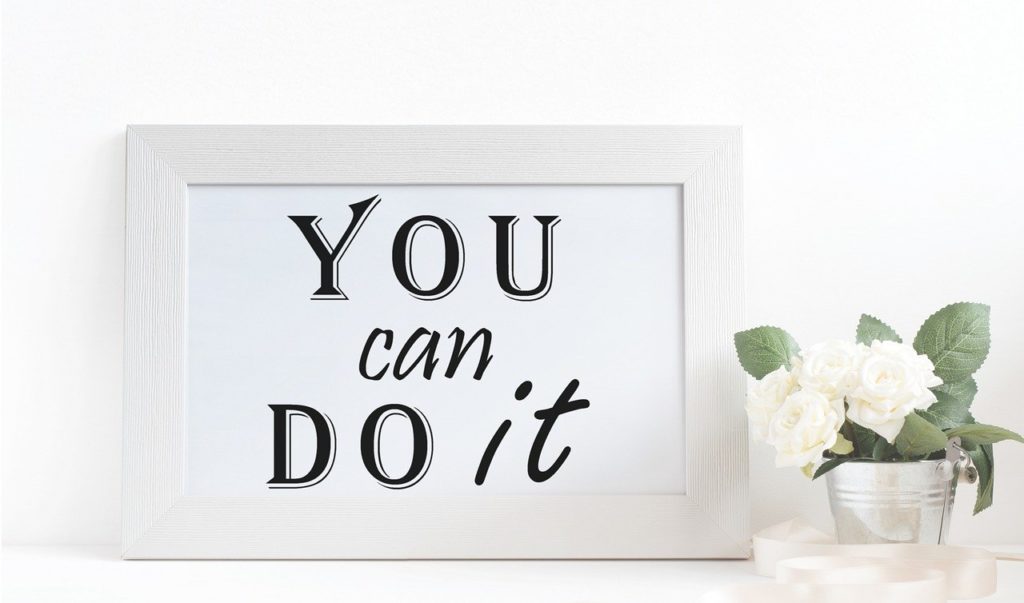Our “How do I…?” series offers information, tips, and strategies on mental wellbeing.
Are you feeling stressed and anxious? Learn 6 simple strategies to better manage stress and anxiety.
By Iris Cahill Casiano, PhD
Stress and anxiety are very common. These experiences can lead us to feel physically and emotionally tired, tense, or irritable. And over time, chronic stress and anxiety can have a negative impact on our overall well-being!
Thankfully, there are many positive and healthy ways for us to cope. Below are 6 simple, easy-to-try tips that can help us manage stress and anxiety.

Tips and strategies
1. Get plenty of good quality sleep.
We need enough rest to recover and recharge. This is especially true when we’re facing stressful situations or upcoming life changes. Health professionals recommend 7+ hours of sleep per night for adults.
2. Limit caffeine.
Caffeine is a stimulant that can worsen anxiety symptoms. This is especially true for physical symptoms, like racing heart, rapid breathing, and feeling tense or agitated. Limiting drinks like coffee, caffeinated teas (i.e., black or green tea), energy drinks and hot chocolate, can be helpful. Be especially careful to limit these foods within 6 hours of your bedtime (see tip #1!).
3. Regularly engage in physical activity.
Regular exercise is good for your mind and body! Simple activities like going for a walk, light exercise, or yoga, have many benefits. It can help boost mood, reduce stress, and support our overall health and wellness. Consult with your medical care provider to learn what physical activities may be best for you.
4. Use relaxation techniques.
Relaxation techniques can help you manage stress and release physical tension that contributes to anxiety. Some of these techniques include slow/deep breathing, meditation, and progressive muscle relaxation.
5. Journaling.
Writing down your worries can help you work through stressful events and situations. This practice also gives you a chance to problem-solve. Finally, journaling can help you plan and prepare for upcoming events, which can help reduce stress and worry.
6. Connect with a counselor.
If you find that stress and anxiety is very challenging to manage on your own, consider connecting with a counselor. Talk therapy or counseling can help you build positive coping skills while supporting you through stressful situations.
Additional Reading
Looking for more information on how to manage stress and anxiety? Check out these articles below:
Anxiety & Depression Association of America: https://adaa.org/tips
NIH: https://www.nccih.nih.gov/health/relaxation-techniques-what-you-need-to-know
Healthline.com: https://www.healthline.com/nutrition/16-ways-relieve-stress-anxiety
WebMD.com: https://www.webmd.com/balance/stress-management/stress-management
